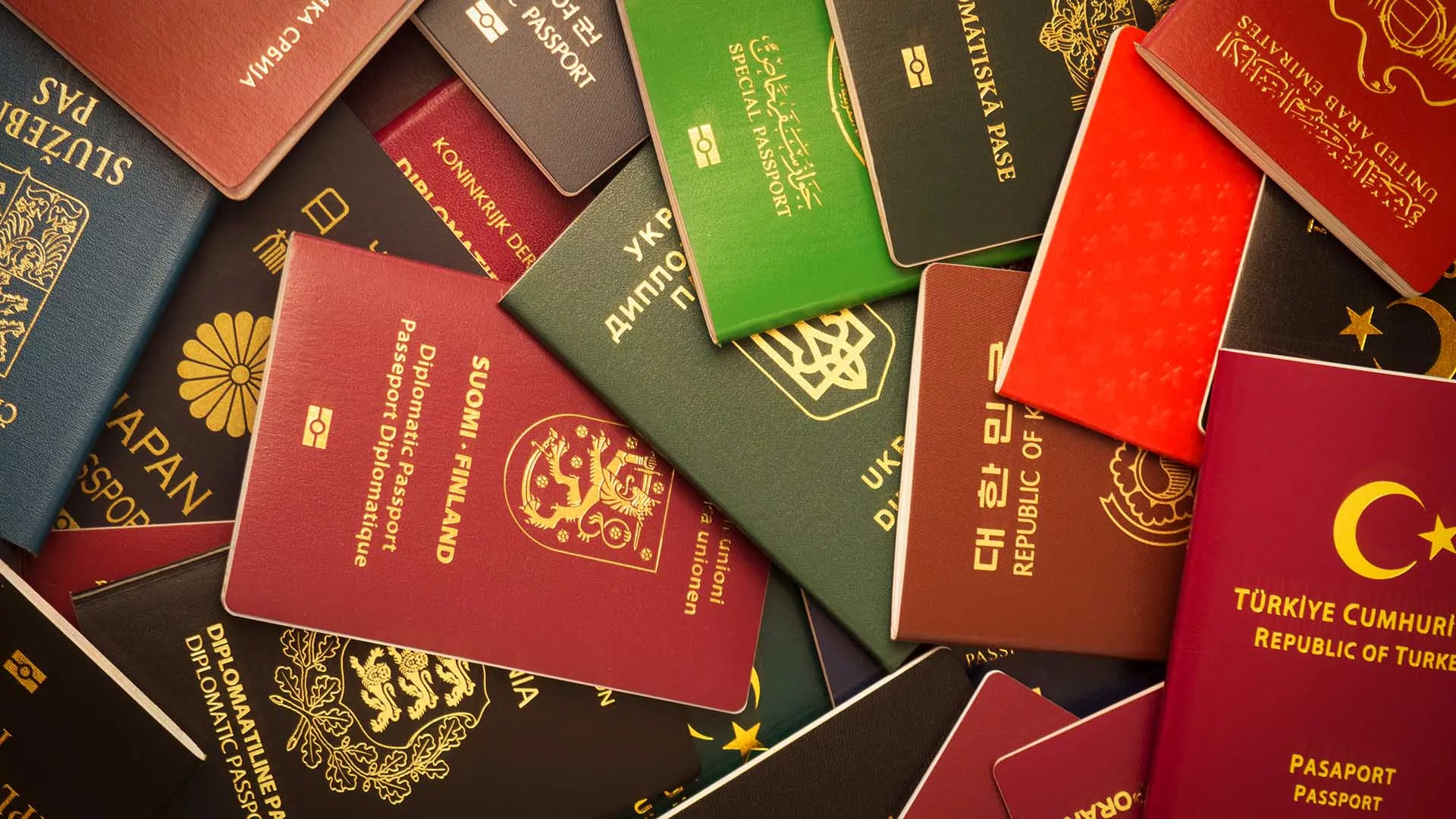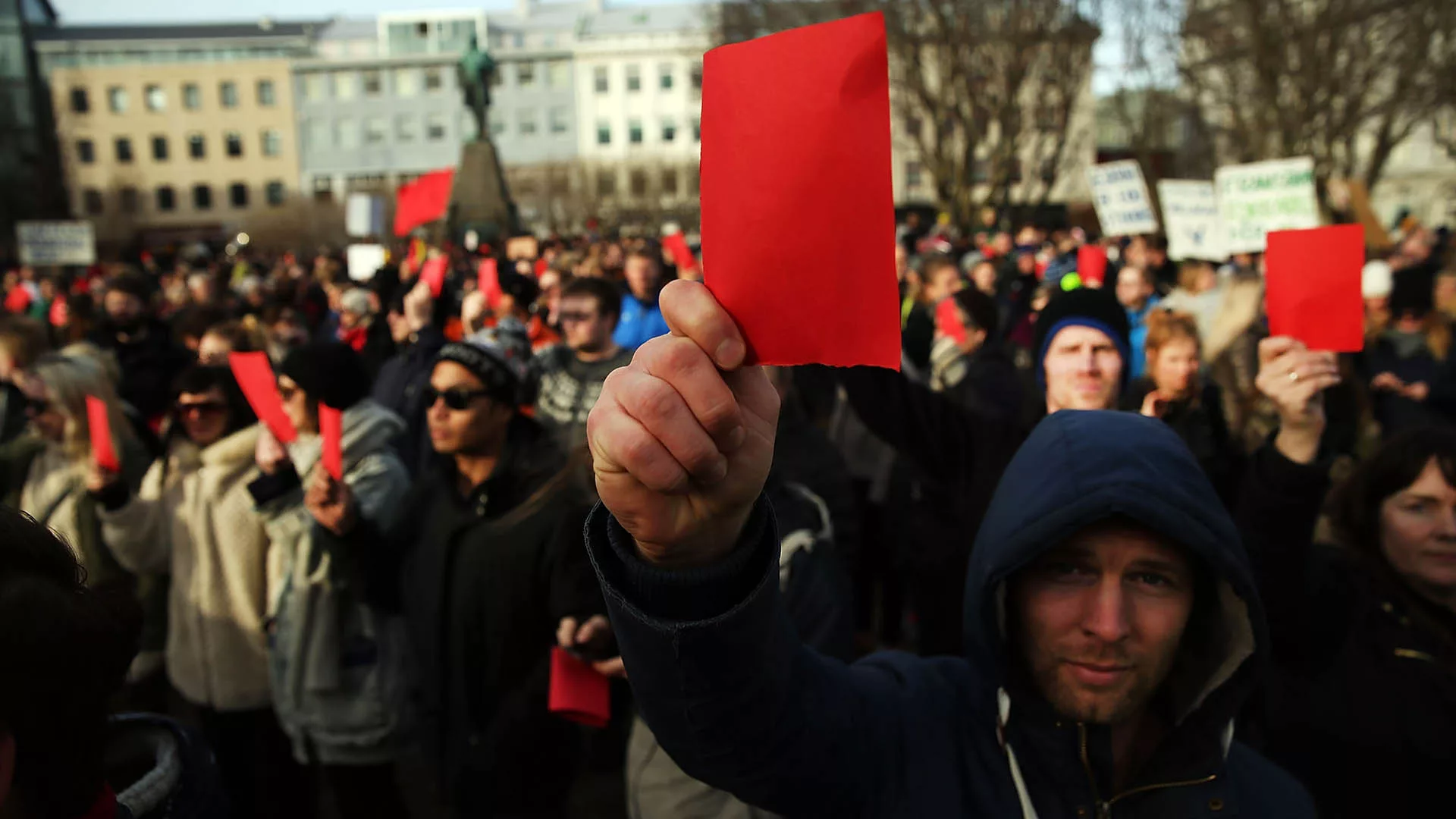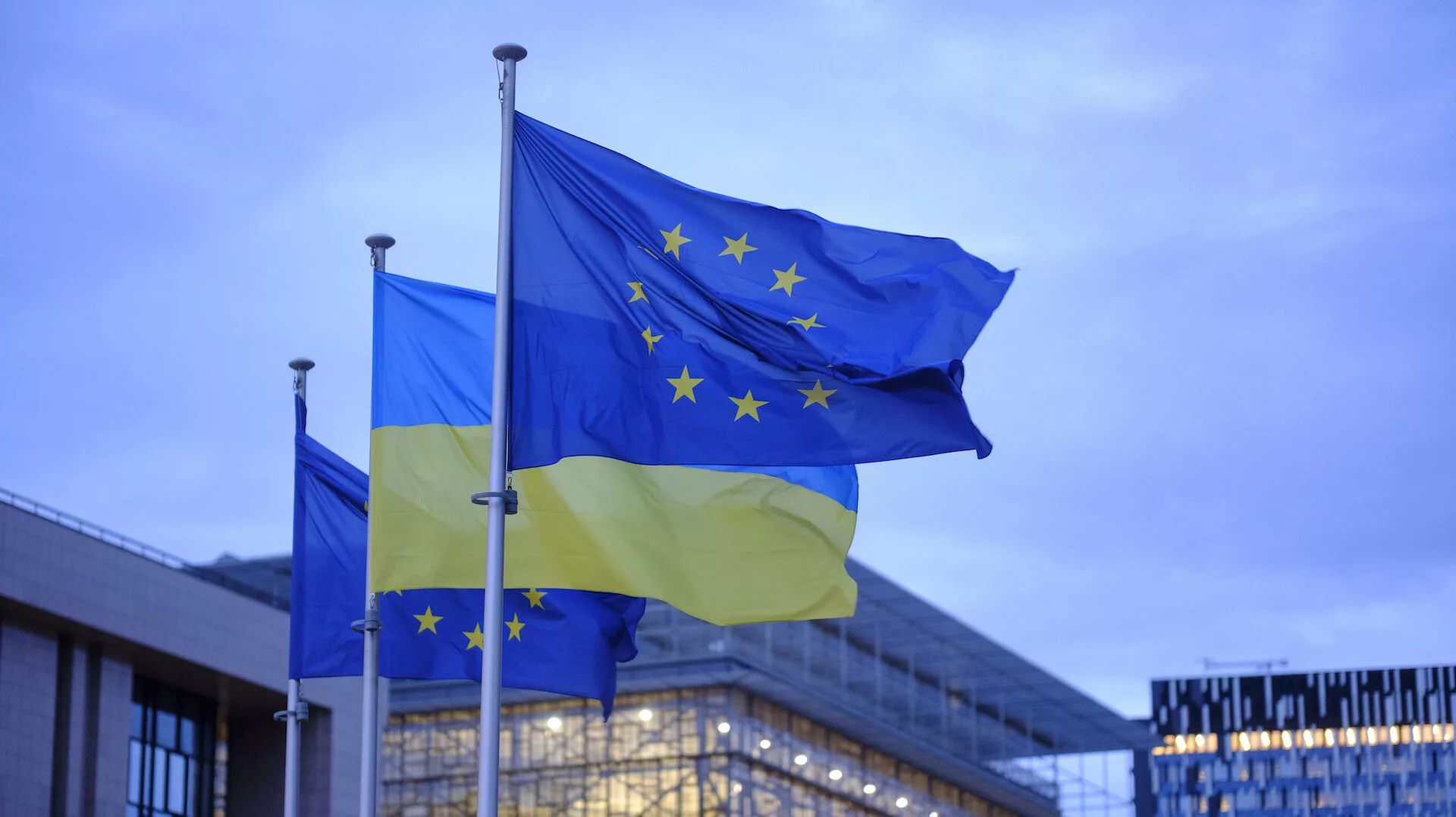As more disturbing reports of violence emerge from Ukraine; western powers are gathering once again to see what further action can be taken to halt Putin’s war machine.
The elephant in the room is Europe’s reliance on Russian energy. Last year, oil and gas revenues accounted for 36% of Russia’s government spending with much of that income coming from the EU which imports 40% of its gas and 27% of its oil from Russia. As a result, the bloc contributes around a billion euros every day directly to Putin’s war chest.
We also shine a spotlight on the ubiquitous and global threat of fraud and corruption, a crime that touches all areas of society, and report on new and continuing revelations about how it has infiltrated sport.
Money laundering is rarely out of the news, and this week is no exception, so we complete this week’s AML Roundup with a collection of money-laundering reports from around the globe.
Russia is making more money from its oil and gas trade than last year and is expected to make over $320 billion from energy sales in 2022, up by over a third from 2021.
A former economic advisor to Vladimir Putin believes that a “real embargo” on Russian energy by Western countries could stop war in Ukraine. Despite attempts to reduce reliance on Russian sources, Europe is continuing to buy oil and gas.
Reports of the devastation wreaked by Russian troops in Ukraine, has galvanised EU foreign ministers to consider a sixth round of sanctions, including sanctions on oil and gas. But with fuel prices soaring across Europe a consensus is proving increasingly difficult.
The new sanctions will impose restrictions on 33 entities across the Russian defence sector, which provide direct or indirect support to the Russian military. Canada will monitor the situation, coordinate actions with international partners, and explore options for additional measures.
Any business running a trust or company for a Russian settlor or UBO and their beneficiaries have until May 10th, 2022, to dispose of that entity. This extends to all Russian nationals or residents, but does not apply to Russians with EU passports or those with residence permits.
The Jersey Law Officers’ Department stated that on 12 April the Royal Court imposed a formal freezing order, known as a ‘saisie judiciaire’, over assets valued in excess of US$7bn, which are believed to be connected to Roman Abramovich and are either located in Jersey or owned by Jersey incorporated entities.
Having paused deliveries to Russia shortly after the invasion of Ukraine, the Finnish telecommunications company has announced its decision to completely exit all operations. Nokia operates from four locations in Russia, with business accounting for around 2% of group sales in 2021.
Russia is facing its first external sovereign default in over a century, following arrangements to make an international bond repayment in rubles, when the payment was due in U.S. dollars. But the U.S. Treasury blocked the transfer, by preventing Russia from using any of its frozen foreign currency reserves to service the debt.
Since the first sanctions imposed following Russia’s annexation of Crimea in 2014, executives at 5 of Russia’s biggest financial institutions exploited the secrecy of the offshore financial system to hide their wealth, the Pandora Papers have revealed.
Attracted by the Emirate’s flexible visa program and neutrality on Ukraine, real estate brokers have reported a huge rise in the number of Russian oligarchs searching for luxury properties in the city.
Forbes has been investigating billionaire oligarchs for over a quarter of a century. Here is everything you need to know about the super-rich oligarchs who have profited under the reign of Vladimir Putin.
Video: Sir David Green, Director of the Serious Fraud Office 2012 –2018, joins Franz Wild from the Bureau of Investigative Journalism to discuss what the UK government needs to do to crack down on the dirty money circulating around the UK economy.

If the proposed FPEC law becomes a reality – and all the signs are that it will – it would mark a radical expansion of corporate criminal liability and companies will need a great deal of time to prepare.
The corruption trial of former FIFA president Sepp Blatter and former UEFA president Michel Platini has been set for June. Swiss prosecutors claim that in 2011, Blatter illegally arranged the transfer of 2m Swiss francs (£1.6m) to Platini. Both Blatter and Platini, who were indicted in November, have denied any wrongdoing.
The US has imposed sanctions against the top members of the Irish organised crime group Kinahan. Among the seven individuals targeted is Daniel Kinahan, who previously worked as an advisor to world heavyweight boxing champion boxer Tyson Fury. The decision to sanction the Kinahan cartel and offer $5 million (€4.6 million) for information leading to their arrests or convictions was received with delight in Garda Headquarters.
Documents provided by whistleblower platform Football Leaks have provided a stream of revelations about the inner workings at Manchester City and at government agencies in Abu Dhabi. Der Spiegel and the journalism network European Investigative Collaborations (EIC) claim that the club’s holding company violated rules by paying millions in fees to player agents and orchestrated a secret deal to sign an underage player.
Unite, one of the UK’s largest and most powerful trade unions, was subjected to a police raid as part of an investigation into bribery, fraud, and money laundering. Officers left the building with boxes of files, paper and a computer and confirmed that a Unite employee is subject to a criminal investigation.
A former Goldman Sachs banker has been convicted on bribery and money-laundering charges that stem from the theft of more than $4 billion from a Malaysian sovereign wealth fund. A federal jury found Roger Ng guilty after a nearly two-month trial and he could face up to 30 years in prison.
A whistleblower lawsuit charges that the university fraudulently sought to improve its national ranking by creating fake jobs to embellish the success its business school graduates had in finding employment.
The US has introduced sanctions for corruption-related activities in the Western Balkans, resulting in the blockage of property and assets in the US and restrictions on transacting with US persons. Those targeted by the sanctions include former Deputy Prime Minister of Montenegro, Svetozar Marovic and former Prime Minister of Macedonia, Nikola Gruevski.
According to Lloyds Bank, organised crime continues to thrive on social media with impersonation scams on Instagram increasing dramatically over the last 12 months.
A Greek marketing consultant and YouTuber was the latest victim of NFT scams when he lost $1,200 when attempting to purchase a cartoon monkey online.
The FCA has released a new report unveiling their strategy for the next 3 years, which includes several commitments and plans in order to mitigate fraud, market abuse, money laundering, sanction evasion and terrorist financing.
The European Commission has published plans to create a central EU authority to help combat money laundering and terrorism. While the responsibility for monitoring criminality will remain in the hands of member states, the Anti-Money Laundering Authority (AMLA) will monitor, support and coordinate the application of EU regulations and be given far-reaching powers.
A major money-laundering operation was dismantled this week. The bust by Sydney law enforcement resulted in the seizure of around AUD 4.7 million in cash, illicit drugs, and a number of cryptocurrency ATMs.
The Star Entertainment Group’s top legal officer warned a senior executive there was an “unacceptable risk” that tour group Suncity was laundering money inside its Sydney casino. But no action was taken and Suncity continued to operate a private gaming salon for over a year after evidence of dirty money dealings first emerged.
Published by: riskscreen.com




